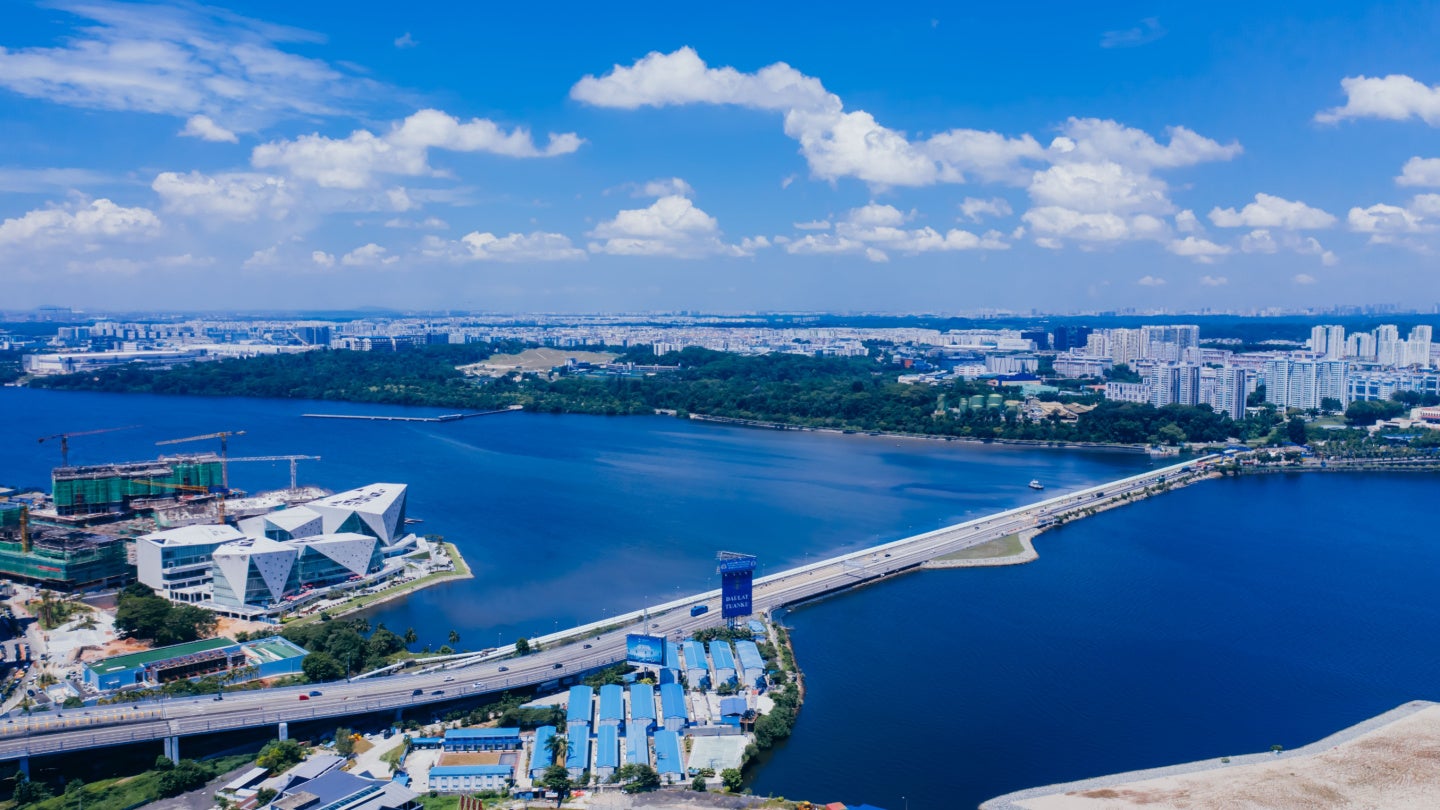
Japanese companies have dropped plans to bid on constructing the high-speed rail project between Kuala Lumpur, Malaysia and Singapore over concerns about the lack of financial support from the Malaysian Government.
Reports in Japan said interested companies, including East Japan Railway, had planned on bringing the country’s Shinkansen, or bullet train, system to the project but decided investment would be too risky without government support.
The $21bn project has faced several setbacks since it was first agreed between Malaysia and Singapore in 2013, being cancelled in 2020 before being resurrected in July last year.
Malaysia is hoping it will be able to finance the latest attempt through private investment instead of using public funds towards its construction.
Japanese companies’ abandonment of the high-speed line brings more concern to the project given the country’s long-term interest in the idea, including a visit by its then Transport Minister Keiichi Ishii in 2015 to pitch the shinkansen system to officials.
Along with East Japan Railway, trading house Sumitomo had also shown interest in supporting the project during its initial proposal.

US Tariffs are shifting - will you react or anticipate?
Don’t let policy changes catch you off guard. Stay proactive with real-time data and expert analysis.
By GlobalDataHowever, it is expected that Chinese businesses will step in to replace their bids given the country’s recent involvement in the completion of a high-speed railway in Indonesia, and ongoing construction of another in Thailand.
The Malaysian government will stop taking bids for the project on 15 January after a seven month process, with negotiations expected to begin with the Singaporean government later in the year after a list of candidates has been drawn up.
Though the government was previously forced to pay Singapore more than $76m in compensation when it failed to act on their previous agreement, the island country’s government said it was open to “good faith” discussions in 2022.



